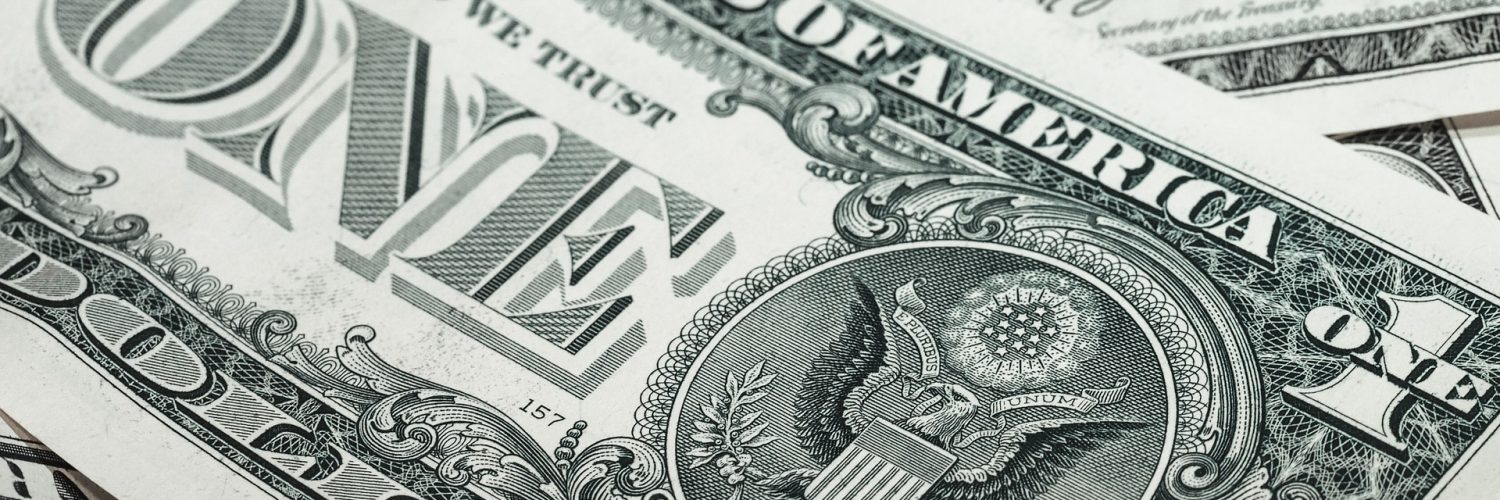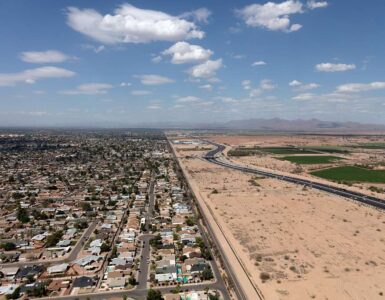JP Morgan Chase – already the largest bank in the Greater Phoenix metropolitan area – is hoping to extend its reach, and it has a desired target market in mind.
In an effort to improve financial literacy, the New York-based bank has pledged to invest $125 million in underrepresented communities such as the elderly, low-income families, immigrants, and more.
“It’s a focus on two different distinct areas,” explains a JP Morgan spokesperson. “One is FinTech tools and the other is financial tools, for people who need access to liquid assets quickly. On the FinTech tool side, we’ve been working on developing several solutions over the past five years. The goal of this is to do even more of that — creating technology and enhancing the solutions. The other side of it is providing financial coaching to residents of the US and abroad that can help them reduce their debt, build savings, build credit, and whatever else their long-term financial goals are.”
A Center for Financial Services Innovation study discovered some shocking statistics about the financial stability of Americans. According to the study, only 28 percent of Americans consider themselves to be “financially healthy.” The other 72 percent are struggling with at least some aspects of their financial lives. JP Morgan Chase hopes to eliminate some of that financial disparity through this program.
Colleen Briggs, head of community innovation at JP Morgan Chase, expressed the necessity of financial literacy in a statement: “Helping more communities access the tools that they need to manage their financial lives and meet their goals is a critical component of ensuring that more people benefit from economic growth. Through this effort, we will test and scale promising financial solutions to support the prosperity of households and communities around the world.”
Among their program’s offerings are loan product offerings to help small business owners establish credit and investments in a savings platform for low-income households. According to research by Chase and Morning Consult, less than half of Americans have enough money on hand for a $500 emergency. Chase’s contributions will create a financial cushion to account for those potential emergencies.
Financial literacy – or lack thereof – is an issue Arizona leaders are tackling as well. Early last month, Governor Ducey signed into law Senate Bill 1184, which mandates financial literacy curriculum in state high schools. In fact, Arizona State Treasurer Kimberly Yee declared the entire month of April 2019 “Financial Literacy Month” in order to educate people about the importance of money management.
By educating students about healthy financial practices before they enter adulthood, high schools will be able to alleviate a fraction of these savings and debt dilemmas that many Americans face.
“Being able to manage your own money is a simple, but an important life skill that will matter when our children get out into the real world. One in eight millennials has debts in collections. Financial education is needed now more than ever,” Yee said in a statement.
















Add comment